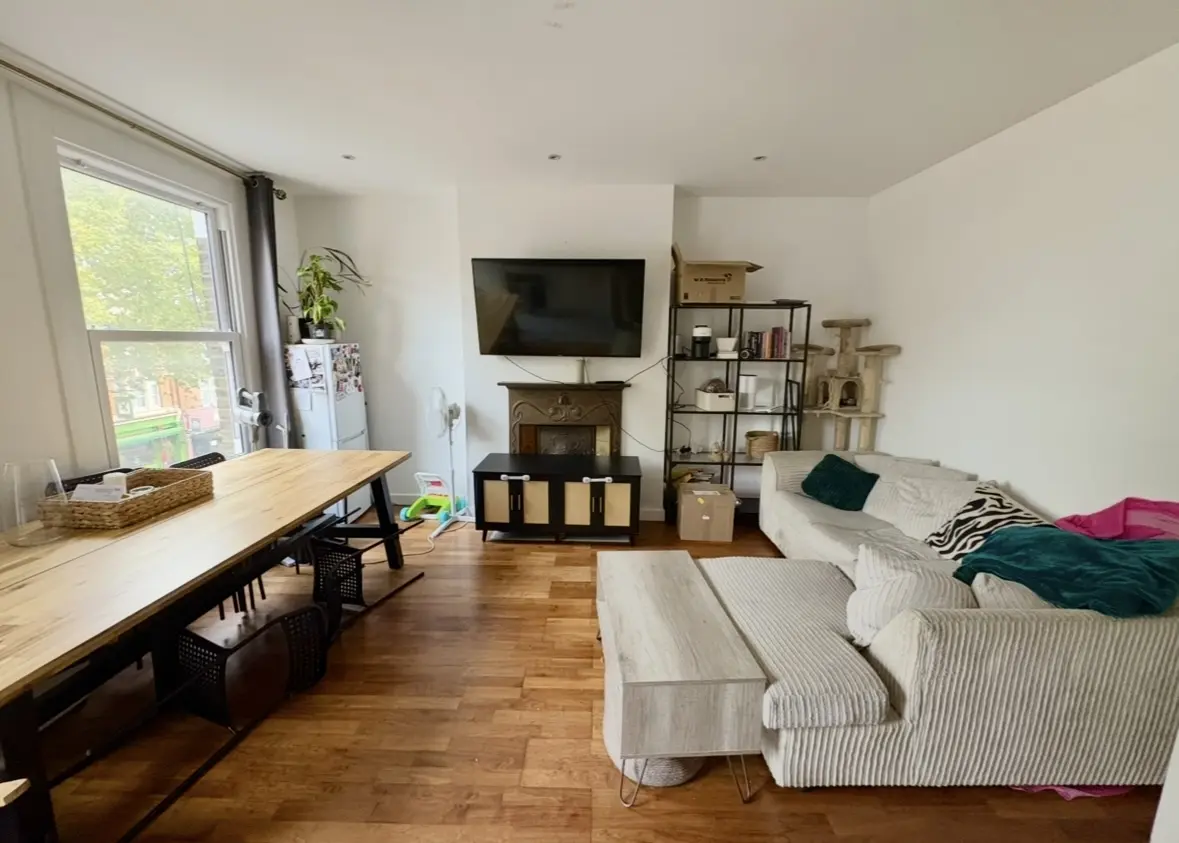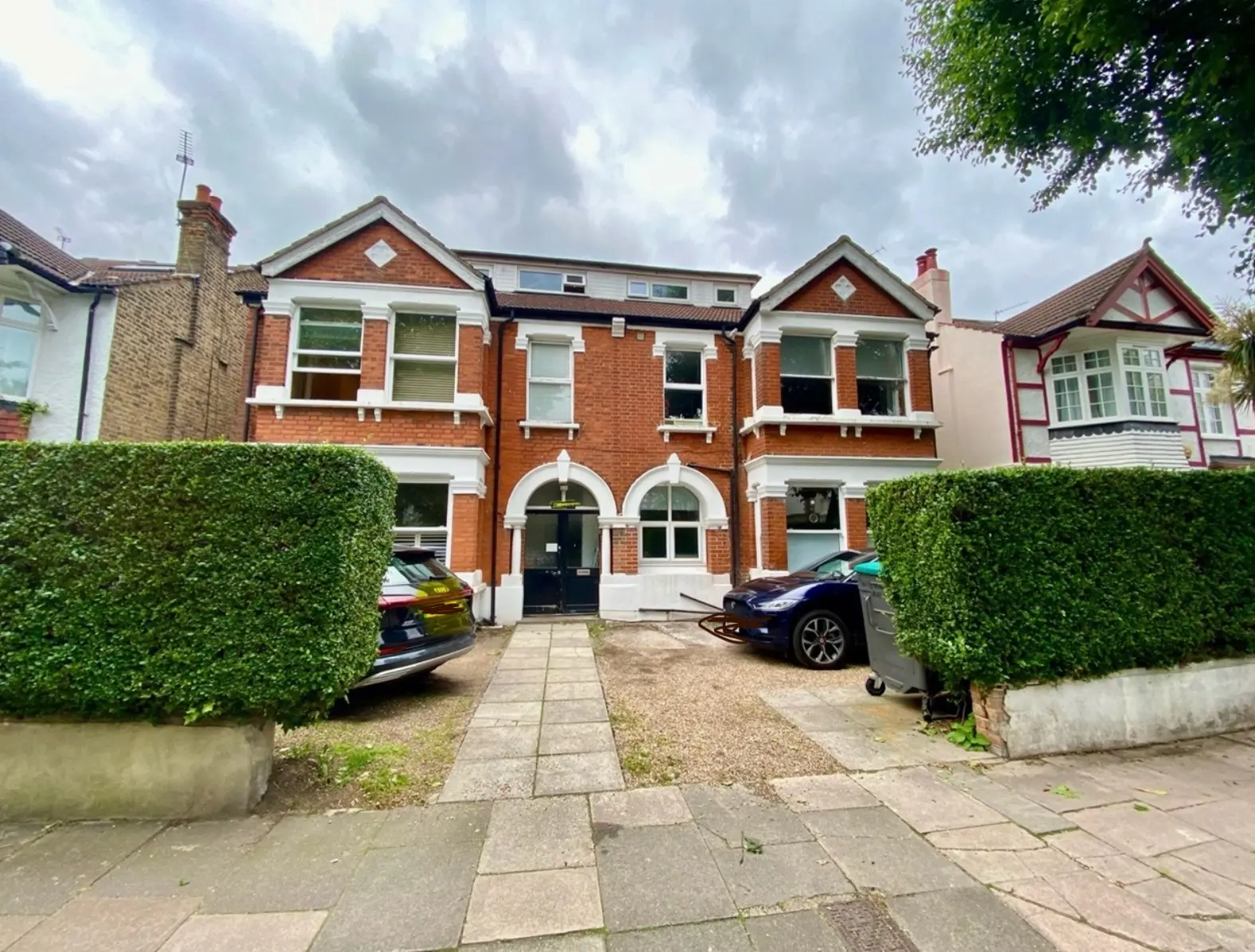
Three-Bedroom Apartment to Let – Chiswick High Street, W4
Chiswick High Rd., Chiswick, London W4 4HH, UK
£2,400 / Month
As a tenant in the UK, you have many significant rights that protect you and ensure fair treatment by your landlord. Whether you rent a flat, house, or shared accommodation, it's crucial to know your rights since these guarantee you a secure living environment and allow you to take action if your landlord isn't fulfilling their responsibilities.
In this guide, we look at the main rights you have as a tenant in the UK and how they apply to your tenancy.
1. Right to Live in a Safe and Well-Maintained Property
Your Right: Your landlord should provide you with a property that does not present any risk to you legally and is in good repair by law. That means the structure, roof, walls, windows, plumbing, and heating systems.
How This Affects You: If your home has problems such as defective heating, hazardous electric wiring, or leaks, your landlord must make the repairs. Your home should not also pose any hazard, including gas and electrical ones. If these are not resolved, you can ask that repairs be done and at times report these to your local council.
2. Right to Privacy and Quiet Enjoyment
Your Right: You, as a tenant, have the right to quiet enjoyment of your home and privacy. Your landlord shall not enter your property without your permission, except where proper notice has been given to you by them.
How This Affects You: If your landlord needs to enter the property-in order to carry out repairs or inspections, for example-they need to give you at least 24 hours' notice. While if you get on well with your landlord, they may agree to less notice, the rule of thumb is 24 hours' notice before entry. Any landlord entering your property without permission may be in violation of your privacy.
3. Right to a Written Agreement
Your Right: All tenants are entitled to a written tenancy agreement. This is a legally binding document that should outline the terms of your tenancy, including the rent and when it's due, and your responsibilities as a tenant.
How This Affects You: The tenancy agreement serves to protect both you and your landlord, as this document will specify the length of tenancy, how much rent is to be paid, and other conditions such as whether or not pets are allowed, or if the property is to be altered. In case of any dispute during your tenancy, this document can be referred to for any problem to be resolved amicably.
4. Right to Protection Against Unfair Rent Increases
Your Right: Under an assured shorthold tenancy, a landlord will be able to increase the rent only if that is part of the contract for the tenancy or by mutual agreement between the parties. Such rent increase has to be reasonable to consider current market conditions.
How This Affects You: Your landlord must, in most circumstances, serve you at least a month's notice when increasing your rent. Unless you feel the increase of rent is too high, you may try to negotiate with the landlord or apply to a rent assessment committee for a fair market review. Note that rent control does not apply in all tenancies, so you should check your contract.
5. Right to Protection against Illegal Eviction
Your Right: A landlord can only evict you by following the due process of law. That is to say, they have to take the course of termination based on the law. They can't change the locks or throw out your belongings.
How This Affects You: If the landlord wants to remove you, he must serve a notice and in case you refuse to go, apply to the court for a possession order. The landlord must also give you notice periods as specified in your tenancy agreement. If a landlord tries to remove you without following the correct legal procedure, then you can go to court and oppose the removal. If a tenant is a victim of unlawful eviction, then he or she can claim damages from his or her landlord.
6. Right to Have Your Deposit Protected
Your Right: When you move into a rented property, paying a deposit, your landlord is legally obliged to protect it with a government-approved tenancy deposit scheme. You should get the deposit back at the end of the tenancy if there are no proper deductions for damages or rent arrears.
How This Affects You: If your landlord fails to safeguard your deposit in either of the schemes or fails to return the deposit in full upon your leaving the property, you are free to challenge him. If he digs in his heels, he faces possible penalties, and you may receive compensation.
7. Right to Challenge Discrimination
Your Right: Landlords must not discriminate against tenants on grounds of their background, which may include racial group, sex, disability, religion, or sexual orientation. It is an offense under the Equality Act 2010 to discriminate while letting out a property.
How This Affects You: If you feel that you have in some way been discriminated against by a landlord either when applying for a rental or during the tenancy, you may make a claim against that decision. The EHRC can assist with and provide guidance on how to do this. You are entitled to equal and fair treatment.
8. Right to Leave with Notice
Your Right: This means you can leave once you have served your landlord with the correct notice once you are ready to move out. This usually needs to be stated in your tenancy agreement.
How This Affects You: You are usually able to only leave the property at the end of the fixed term unless your landlord agrees to include a break clause. If you have a periodic tenancy, you will usually need at least a month's notice so you can move out. It is important you do this in writing to avoid confusion.
Conclusion
In the UK, being a tenant comes along with the right to quiet and undisturbed enjoyment of the tenancy. This ranges from the right to live in a safe property to protection against unfair eviction, and your landlord is bound by law to treat you fairly and respect your living conditions. If ever any issues arise regarding these rights, never hesitate to get advice from a legal professional or your local council for any kind of support.
Whether you're looking for help to find the perfect property to rent, or guidance and advice managing your tenancy, contact Argant Estates today for expert advice and assistance. We're here to help you through each and every stage of your letting journey.
Disclaimer
This article is for general informational purposes only and does not constitute legal, financial, or professional advice. While we strive to ensure accuracy, property laws, regulations, and market conditions may change over time. We do not guarantee the completeness, reliability, or current validity of the information provided. Readers should independently verify details and seek professional guidance before making any property-related decisions. We are not liable for any losses or damages resulting from reliance on this content

Chiswick High Rd., Chiswick, London W4 4HH, UK
£2,400 / Month

Queen's Rd, London SW19 8NY, UK
£1,380 / Month

Windermere Rd, London W5 4TH, UK
£2,500 / Month

